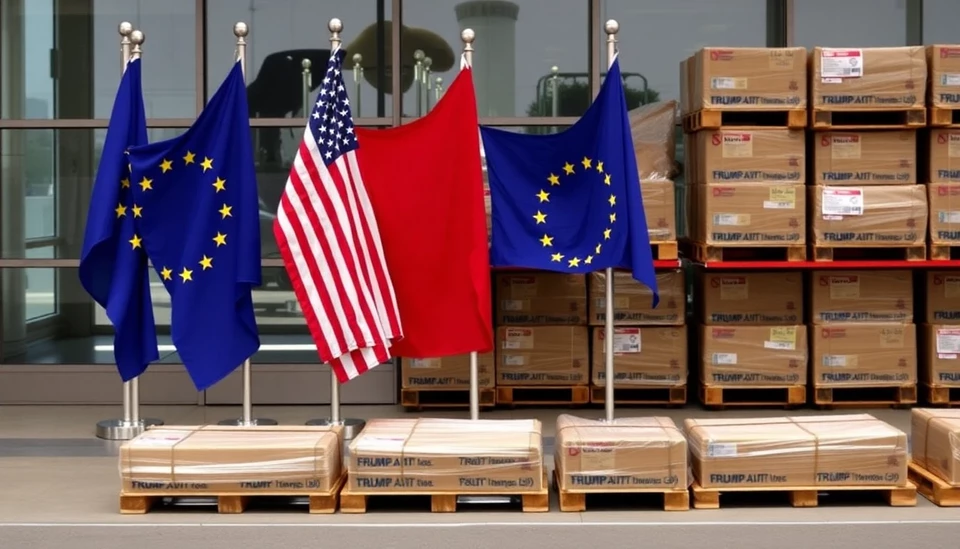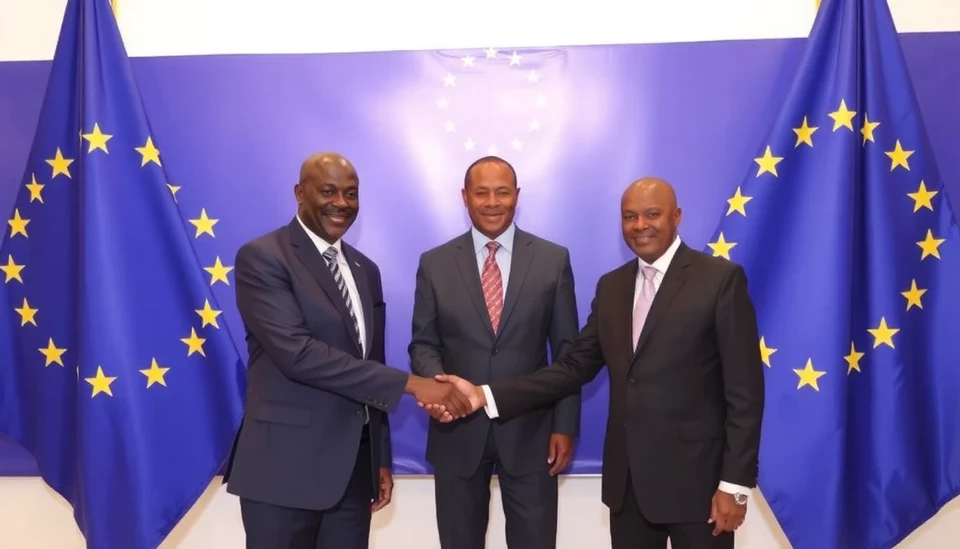
In a recent statement, German Chancellor Olaf Scholz emphasized that the European Union will respond decisively to any new tariffs that may be introduced by the former U.S. President Donald Trump. However, he also stressed the importance of pursuing diplomatic negotiations to avoid escalating trade tensions. Scholz's comments come in light of Trump's potential return to the political arena and his previous promises to impose tariffs on European goods.
During a press briefing, Scholz pointed out that trade relationships between the United States and Europe have significant economic implications. He stated that unilateral tariffs could disrupt the delicate balance of trade and negatively impact both economies. The Chancellor underscored that the EU’s response would reflect its commitment to preserving free trade principles while protecting its economic interests.
Although Scholz did highlight the EU's readiness to counteract any U.S. tariffs, he expressed a strong preference for reaching a mutually beneficial agreement rather than engaging in a full-blown trade war. He articulated that a negotiated settlement would be advantageous for both sides, promoting stability and economic growth rather than fostering conflict.
Trade tensions have been a persistent issue in EU-U.S. relations since Trump first took office in 2017. Analysts suggest that a return to protectionist measures could lead to significant repercussions in various sectors, including automotive, agriculture, and technology. Scholz's remarks reflect a growing concern among European leaders regarding the potential economic fallout that could arise from renewed tariffs.
The European Union has historically responded to U.S. tariffs with retaliatory measures, leading to a cycle of back-and-forth escalations. Scholz indicated that the EU is prepared to take similar actions if necessary, but he reiterated that the preferred route is one of negotiation and dialogue. The Chancellor’s stance harks back to previous efforts to stabilize transatlantic trade relations, emphasizing cooperation over confrontation.
Looking ahead, Scholz’s comments serve as a clarion call for unity among EU member states as they brace for the potential implications of Trump's political ambitions. The upcoming elections and their outcomes are likely to play a significant role in shaping the future of transatlantic trade relations. As the world watches, the Chancellor’s approach aims to balance assertiveness with diplomacy, underscoring the EU's position as a key player on the global economic stage.
#EU #Tariffs #Trump #TradeRelations #Scholz #Diplomacy #EconomicImpact
Author: Laura Mitchell




